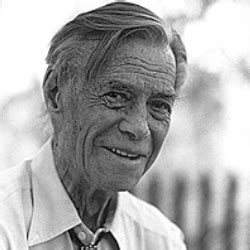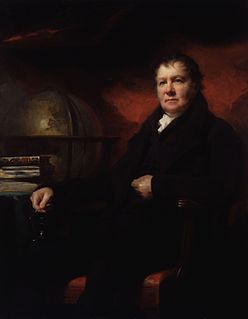A Quote by Louise J. Kaplan
Adolescence is a time of active deconstruction, construction, reconstruction--a period in which past, present, and future are rewoven and strung together on the threads of fantasies and wishes that do not necessarily follow the laws of linear chronology.
Related Quotes
Time is not a linear flow, as we think it is, into past, present, and future. Time is an indivisible whole, a great pool in which all events are eternally embodied and still have their meaningful flash of supernormal or extra - sensory perception, and glimpse of something that happened long ago in our linear time.
The Author of nature has not given laws to the universe, which, like the institutions of men, carry in themselves the elements of their own destruction; he has not permitted in his works any symptom of infancy or of old age, or any sign by which we may estimate either their future or their past duration. He may put an end, as he no doubt gave a beginning, to the present system at some determinate period of time; but we may rest assured, that this great catastrophe will not be brought about by the laws now existing, and that it is not indicated by any thing which we perceive.
All sentences of the type 'deconstruction is X' or 'deconstruction is not X', a priori miss the point, which is to say that they are at least false. As you know, one of the principal things at stake in what is called in my texts 'deconstruction', is precisely the delimiting of ontology and above all of the third-person present indicative: S is P.
Past, n. That part of Eternity with some small fraction of which we have a slight and regrettable acquaintance. A moving line called the Present parts it from an imaginary period known as the Future. These two grand divisions of Eternity, of which the one is continually effacing the other, are entirely unlike. The one is dark with sorrow and disappointment, the other bright with prosperity and joy.... Yet the Past is the Future of yesterday, the Future is the Past of to-morrow. They are one-the knowledge and the dream.
These tenses-past, present and future-are not the tenses of time; they are tenses of the mind. That which is no longer before the mind becomes the past. That which is before the mind is the present. And that which is going to be before the mind is the future. Past is that which is no longer before you. Future is that which is not yet before you. And present is that which is before you and is slipping out of your sight. Soon it will be past.
We human beings have enormous difficulty in focusing on the present; we always thinking about what we did, about how we could have done it better.... or else we think about the future, about what we're going to do.... But at this precise moment, you also realize that you can change your future by bringing the past into the present. Past and future only exist in our mind. The present moment, though, is outside of time, it's Eternity.... It isn't what you did in the past the will affect the present. It's what you do in the present that will redeem the past and thereby change the future.
Because you are obsessed with the idea of past, present, and future, you are forced to think of reincarnations as strung out one before the other. Indeed we speak of past lives because you are used to the time sequence concept... You have dominant egos, all part of an inner identity, dominant in various existences. But the separate existences exist simultaneously. Only the egos involved make the time distinction... a thousand years in your past or in your future - all exist now.
There is no rigorous and effective deconstruction without the faithful memory of philosophies and literatures, without the respectful and competent reading of texts of the past, as well as singular works of our own time. Deconstruction is also a certain thinking about tradition and context. Mark Taylor evokes this with great clarity in the course of a remarkable introduction. He reconstitutes a set of premises without which no deconstruction could have seen the light of day.
In the spiritual world there are no time divisions such as the past, present and future; for they have contracted themselves into a single moment of the present where life quivers in its true sense. The past and the future are both rolled up in this present moment of illumination, and this present moment is not something standing still with all its contents, for it ceaselessly moves on.































